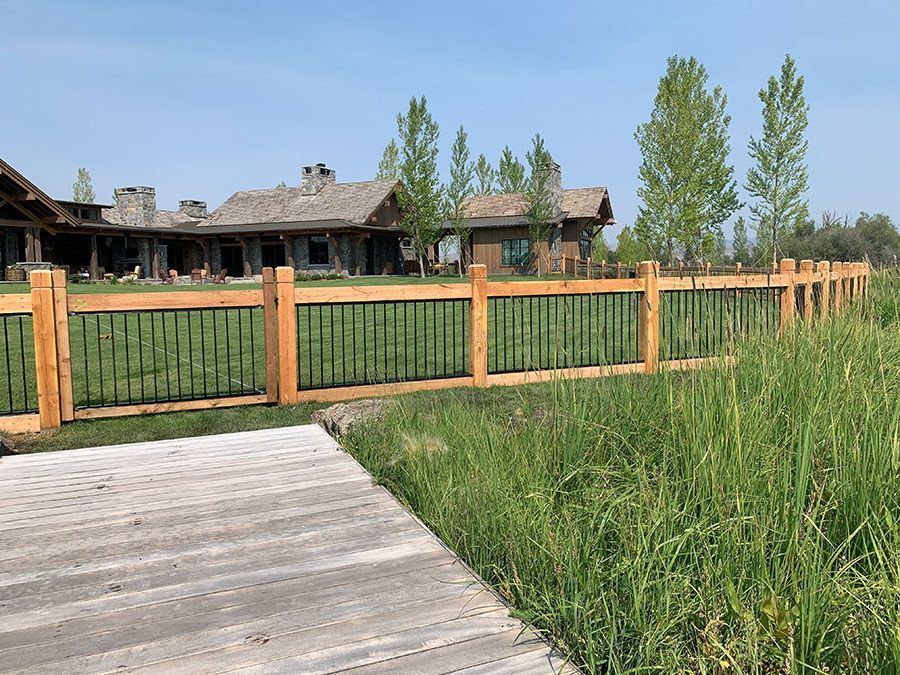Selecting the right fence for your home or business can be tough. Let's compare the benefits of continuous panel fencing versus traditional fencing to help you make the right choice.
Comparison of Materials and Costs
The materials you choose for your fence significantly affect its price and performance:
- Continuous Panel Fencing: Typically made of welded steel, this option is designed for durability and longevity. While the initial investment may be higher, the reduced maintenance costs make it a cost-effective solution over time.
- Traditional Fencing: Comprising materials like wood, barbed wire, or vinyl, traditional fencing is often cheaper initially, but frequent repairs or replacements can add up over time.
Maintenance and Durability Factors
When it comes to withstanding the elements and everyday wear, here’s how the options compare:
- Continuous Panel Fencing: Built for strength, these panels resist damage from livestock and harsh weather conditions. Maintenance is minimal, usually limited to occasional cleaning or rust prevention.
- Traditional Fencing: Wooden fences can rot due to weather, while barbed wire and vinyl may degrade. Regular maintenance is required to keep traditional fences functional and visually appealing.

Aesthetic Differences
The visual impact of your fence contributes to your property’s overall charm:
- Continuous Panel Fencing: Featuring a contemporary and sleek design, continuous panel fencing suits both residential and agricultural settings. It’s customizable with various finishes and additions.
- Traditional Fencing: Traditional wood and vinyl fences bring a rustic, timeless look, while barbed wire tends to prioritize function over style.
Suitability for Various Applications
Different fencing types serve different purposes:
- Continuous Panel Fencing: Best suited for containing livestock, marking property lines, and high-traffic areas where durability is a must.
- Traditional Fencing: Ideal for smaller enclosures, aesthetic purposes, or when on a tighter budget.
Final Thoughts: Which Fence is Best for You?
Deciding between continuous panel fencing and traditional fencing comes down to what matters most to you:
- For long-term durability and low maintenance, continuous panel fencing stands out as the best option for durability and minimal upkeep.
- For a more budget-friendly or decorative option, traditional fencing could be the more cost-effective and decorative solution.
Assess your needs, budget, and aesthetic preferences to make the best decision for your property.